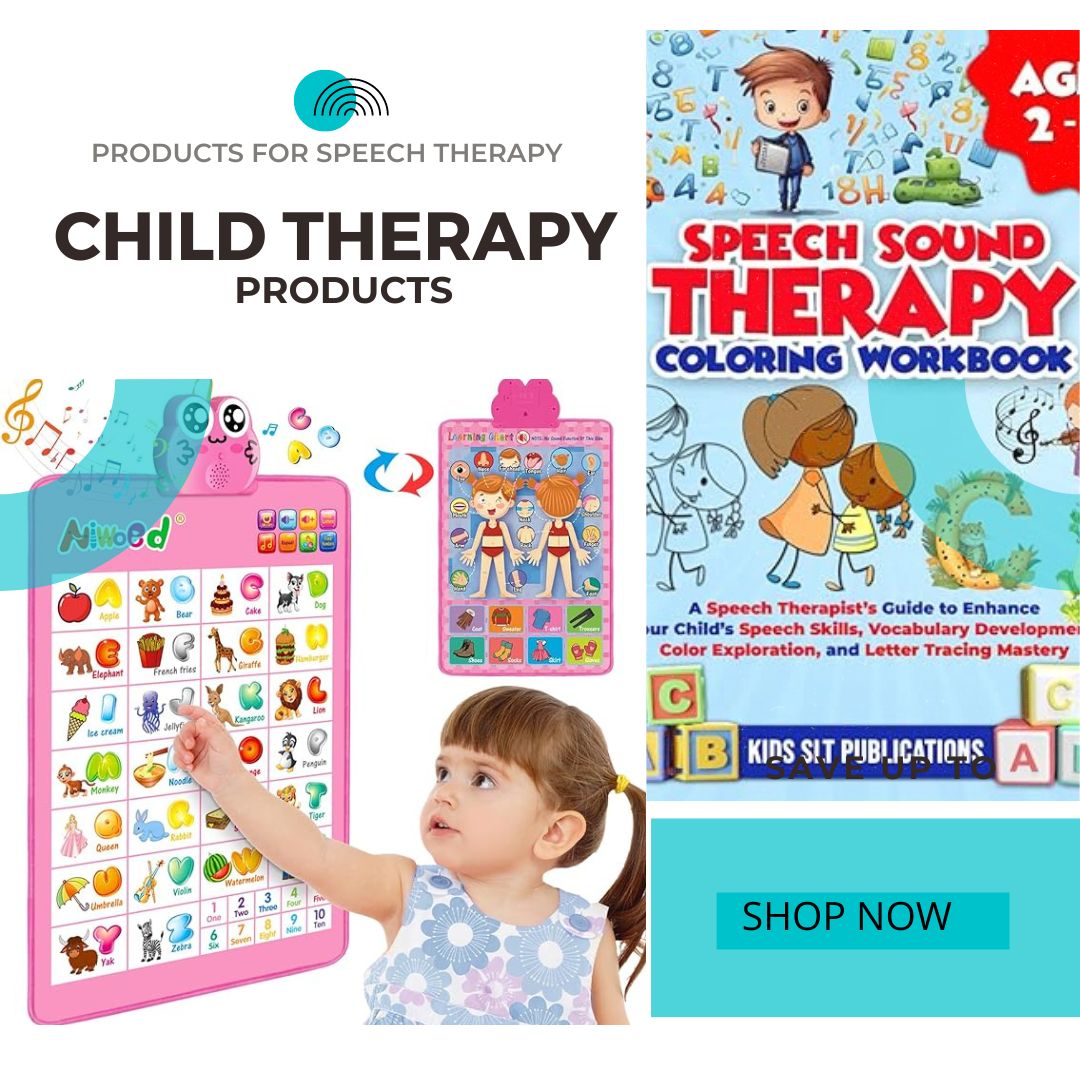Speech therapy, also known as speech-language therapy or speech-language pathology, is a specialized form of treatment that focuses on assisting persons who struggle with speech and language difficulties to enhance their communication abilities.
Speech therapy is also known as speech-language pathology. The requirements and capabilities of the individual getting speech therapy will determine the specific aims of the therapy; nevertheless, in general, the goals of speech therapy include the following:
- Improve Speech Articulation: One of the primary goals of speech therapy is to help individuals improve their speech articulation, which is the ability to produce clear and accurate speech sounds. Speech therapists work with individuals to correct any speech sound errors, such as substituting one sound for another (e.g., saying “wabbit” instead of “rabbit”) or omitting certain sounds (e.g., saying “at” instead of “cat”). Improved speech articulation can greatly enhance an individual’s ability to be understood by others, and can also boost their self-confidence and social interactions.
- Enhance Language Skills: Another important goal of speech therapy is to enhance language skills, including both receptive language (the ability to understand language) and expressive language (the ability to use language to communicate). Speech therapists work with individuals to improve their vocabulary, grammar, sentence structure, and ability to follow directions. They may also work on skills such as storytelling, answering questions, and engaging in conversation, depending on the individual’s needs.
- Improve Fluency: For individuals who stutter or have other fluency disorders, speech therapy aims to improve their fluency, which is the smoothness and rhythm of speech. Speech therapists may use various techniques and strategies, such as breathing exercises, slowing down speech rate, and practicing smooth transitions between words and sounds, to help individuals improve their fluency and reduce stuttering.
- Enhance Voice and Resonance: Speech therapy may also address voice and resonance disorders, which affect the pitch, volume, and quality of an individual’s voice. Speech therapists can help individuals with voice disorders to use their voice effectively and safely, and may also provide exercises to strengthen the vocal cords and improve vocal resonance.
- Improve Swallowing and Oral Motor Skills: In some cases, speech therapy may focus on improving swallowing and oral motor skills, particularly for individuals with speech and language disorders related to conditions such as dysphagia (difficulty swallowing), cleft palate, or other oral motor difficulties. Speech therapists can provide exercises and techniques to strengthen the muscles used for swallowing and speech production, and help individuals develop safe and effective swallowing skills.
- Enhance Social Communication Skills: Communication is a fundamental aspect of social interaction, and speech therapy often includes goals related to improving social communication skills. This may involve teaching individuals how to initiate and maintain conversations, interpret social cues, understand nonverbal communication, and use appropriate communication styles in different social settings.
- Foster Independence and Functional Communication: Ultimately, the goal of speech therapy is to foster independence and functional communication for individuals with speech and language disorders. This may involve helping individuals develop alternative communication methods, such as sign language or augmentative and alternative communication (AAC) devices, if necessary. Speech therapists work towards equipping individuals with the skills and strategies they need to communicate effectively in their daily lives, whether it’s at home, school, work, or in the community.
In conclusion, the goals of speech therapy are diverse and tailored to the unique needs of each individual. Whether it’s improving speech articulation, enhancing language skills, improving fluency, addressing voice and resonance issues, improving swallowing and oral motor skills, enhancing social communication skills, or fostering independence and functional communication, speech therapy aims to empower individuals to communicate effectively and confidently in all aspects of their lives.



